Choosing the right TPS Cable for your application can be a daunting task. There are
a number of factors to consider, including the specification, size and usage. Having an understanding of these factors will help you
decide which cable is right for you.
Using 2.5mm flat tps cable is one of the most common types of wiring used in household appliances. This type of cable is used for
power and lighting circuits and also serves as a neutral wire. It is also used for telecommunications wiring.
If you're unsure which cable to use for a specific application, it is important to learn about the different types of wire and the
different applications they can be used for. It is also important to research the electrical code for the specific location that
you're installing the cable in. Using the wrong type of cable can lead to electrical problems.
2.5mm flat tps cable has a cross-sectional area of 2.5mm, which means that it can handle 16 to 45 amps. It also has a medium that is
moisture proof and oil resistant. This makes it an ideal wire for household appliances and power devices.
Typical Typical faults of 2.5mm flat TPS cable include broken headphone lead, insulation damp and overheating. In addition, a cable's
PI may be faulty on the neutral conductor. Lastly, a cable may not be resistant to wear and tear, causing premature failure.
cable for your needs is a well-engineered one. It should be resistant to wear and tear, be suitable for the environment in which it
will be installed and last for a reasonable length of time. It should also be able to withstand the mechanical and chemical stresses
associated with service. If it is not designed for the job, it may be damaged during installation or may not work at all when you The
best cable for your needs is one that has the right wire size and one that is resistant to the abrasions of frequent use. This is
particularly important if the cable is a stranded conductor type, which is easier to work with.

 ENGLISH
ENGLISH 简体中文
简体中文 GERMAN
GERMAN SPAIN
SPAIN
 +86 181-5747-1135
+86 181-5747-1135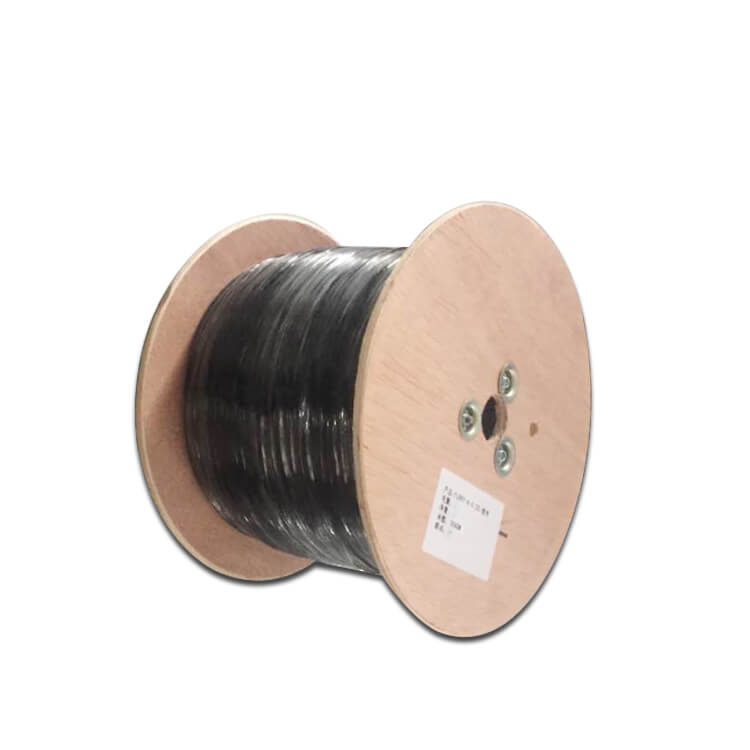
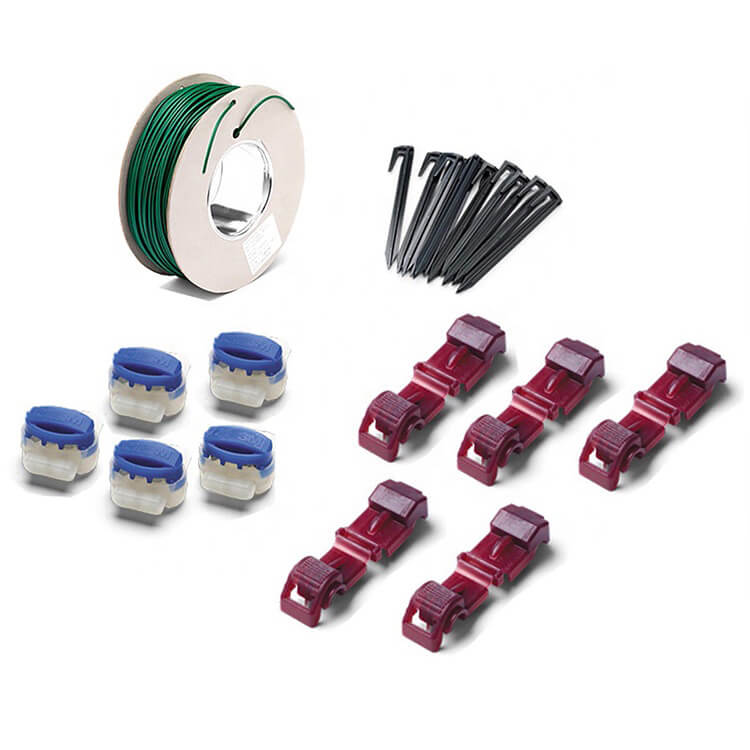
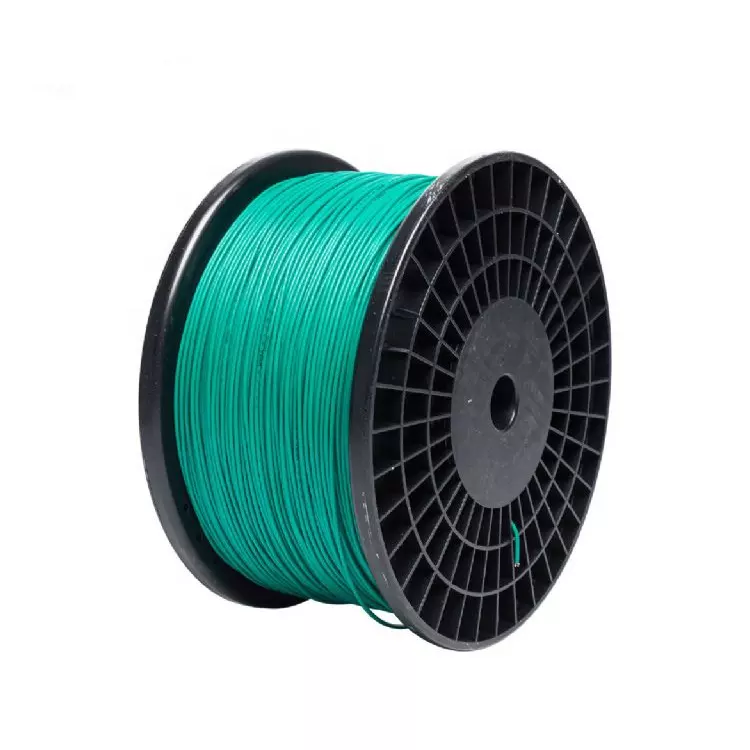



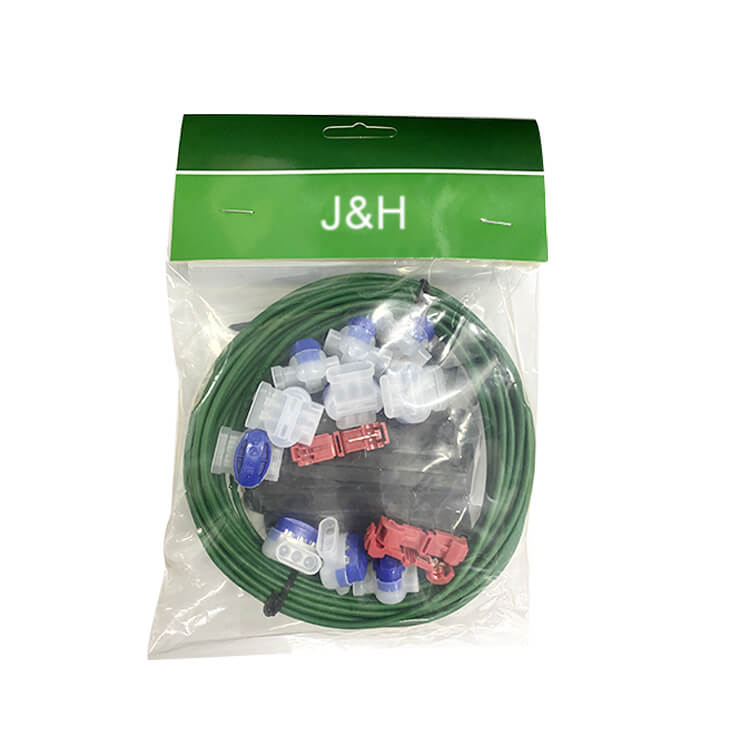
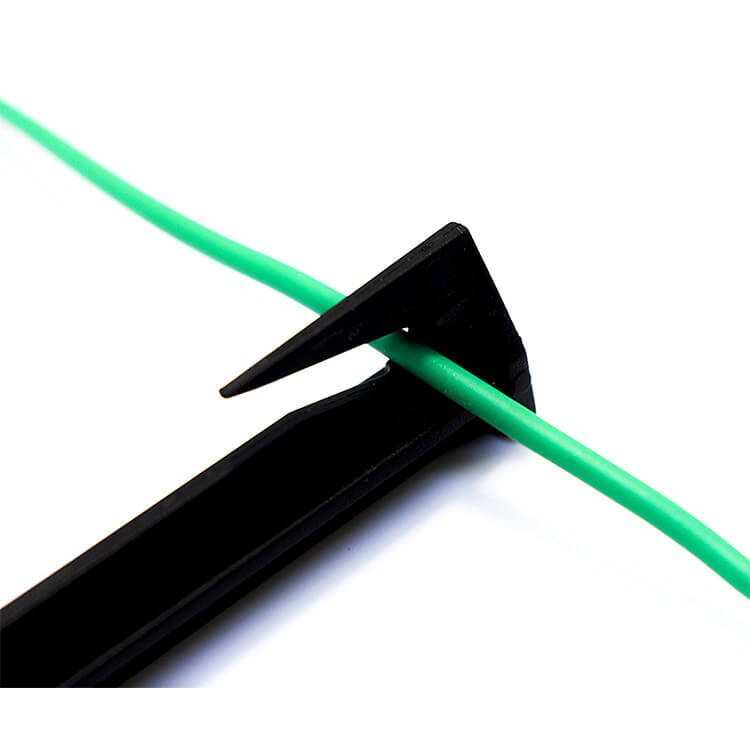
 Abroad:+86 181 5747 1135
Abroad:+86 181 5747 1135 FAX: +86 574 8900 7636
FAX: +86 574 8900 7636 E-mail:
E-mail: 

 read the map
read the map

